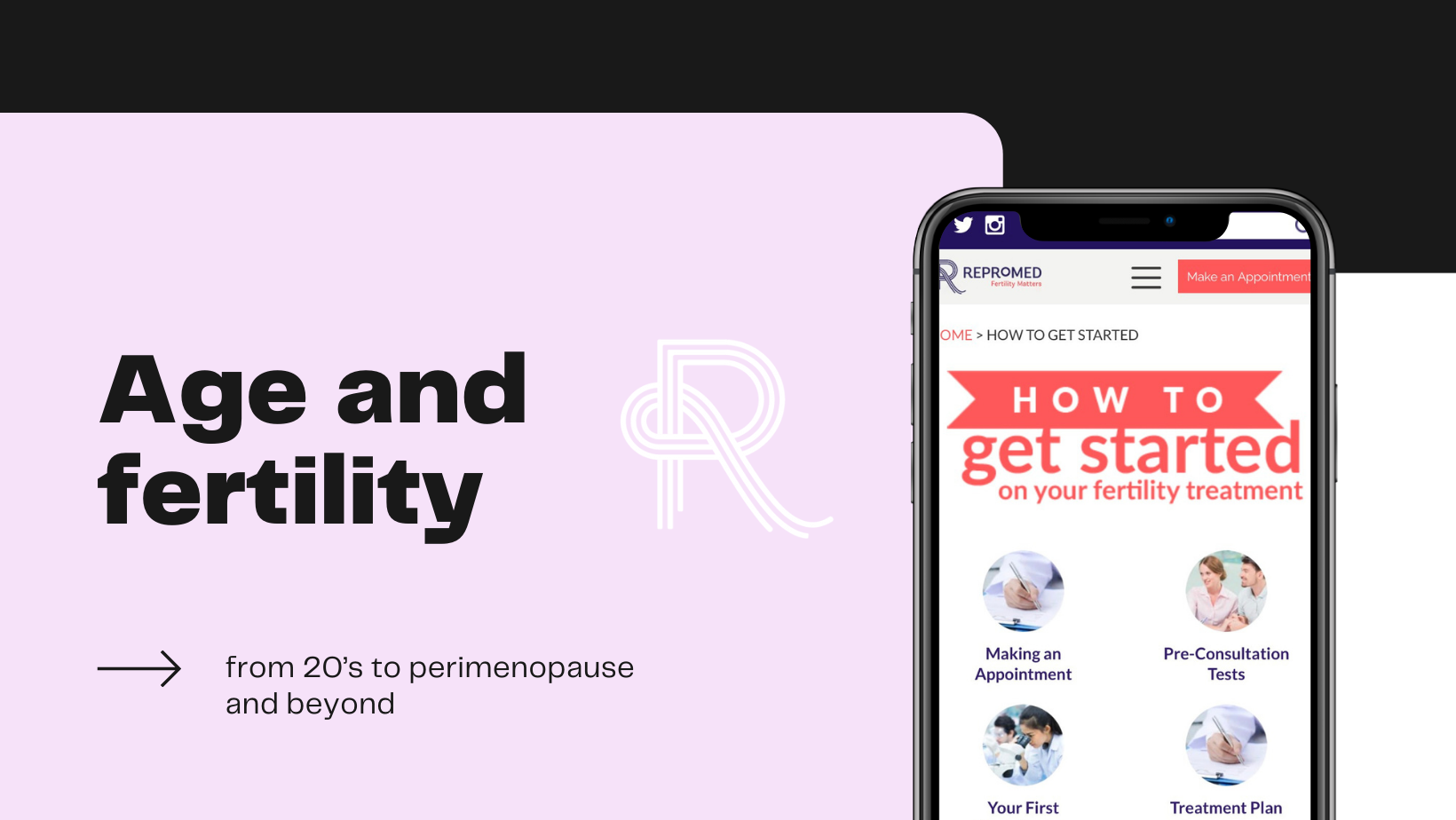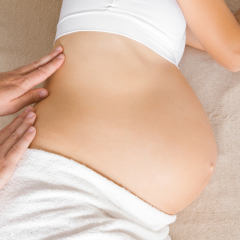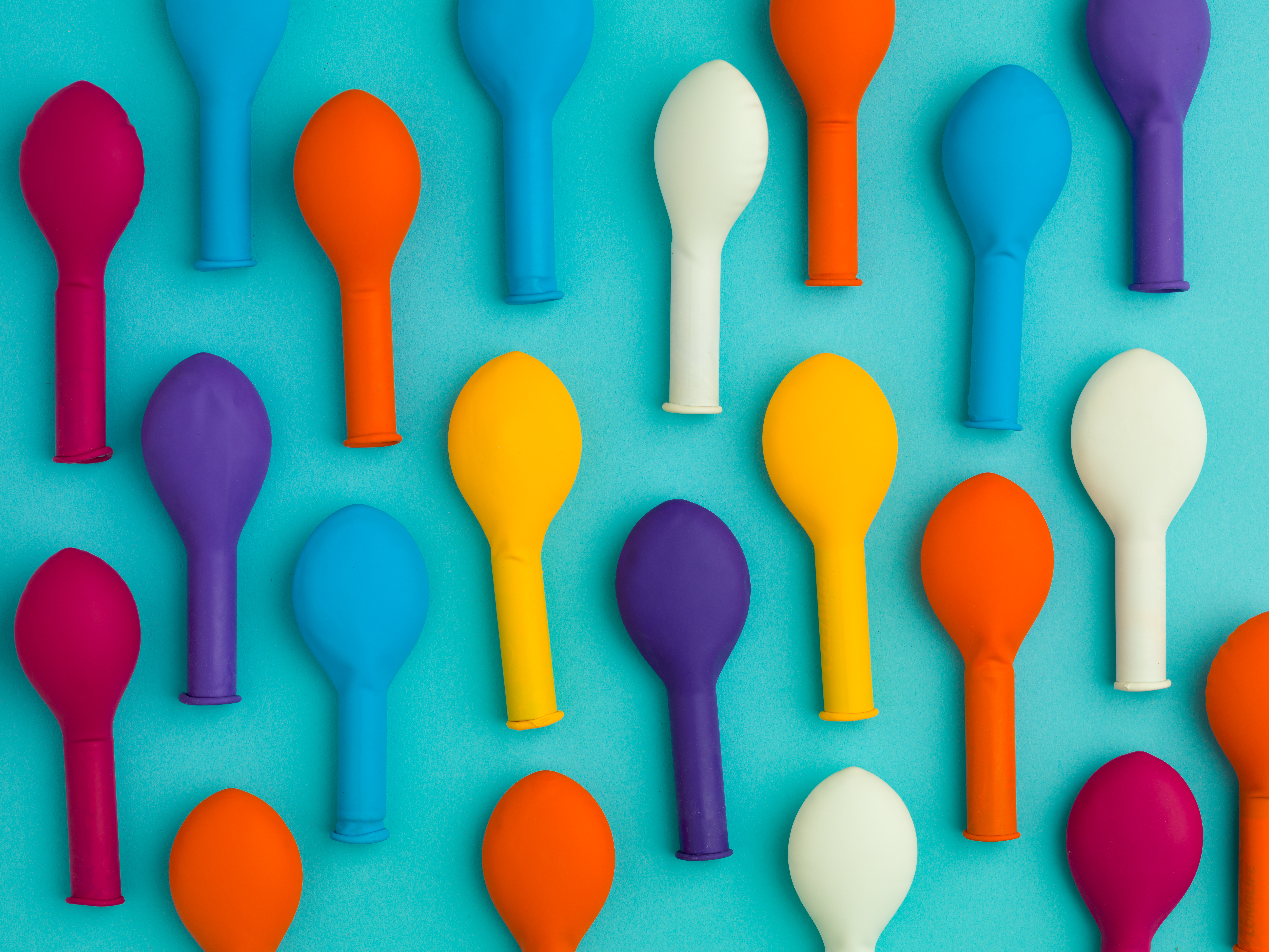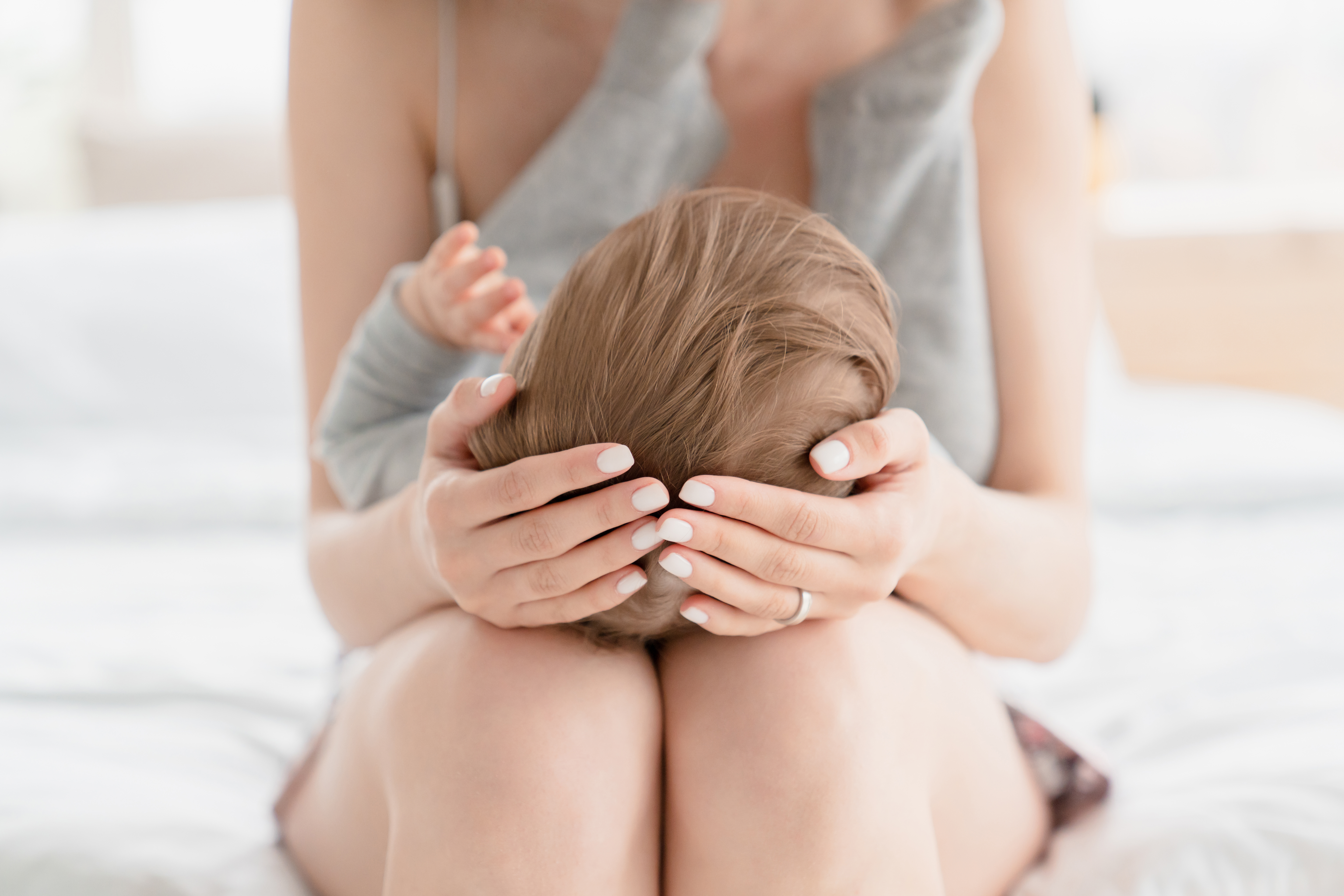
Our bodies change once we start puberty and women are typically thought to reach peak fertility in their 20’s. As we reach early to mid-30’s, fertility starts to naturally decline and onwards as we age through perimenopause, it may still be possible to get pregnant but it does become more challenging.
At ReproMed, we always want to focus on making sure that women are as well informed as possible about their fertility and the choices they have at every stage of life. It is our mission to educate and empower women so that they are in a position to take their fertility health and future into their own hands.
Here’s a guide as to what to expect from your 20’s to your 40’s -
Fertility in your 20’s
If you’re between the ages of 20 and 29 and want to start a family, it’s a great time to start trying to conceive as chances are good that you won’t have any fertility issues. By the time women reach their 20s, most women have hundreds of thousands of eggs ready for starting a family. If your menstrual cycles are regular and your partner has enough healthy sperm, chances are good that you can conceive on your own within a few months. With a lower risk of pregnancy complications such as diabetes or high blood pressure you’re more likely to experience an easy pregnancy and you’re also more likely to carry a baby to full term with a lower risk of miscarriage.
While infertility is less common in younger women, some women in their 20’s can experience issues that can interfere with fertility like blocked fallopian tubes, irregular menstrual cycles, PCOS or endometriosis and there can also be male factor infertility like low sperm count. If you are having any issues or are worried in any way, go to your GP or healthcare provider who can advise next steps.
For many, this is a time when family planning is very low down the list of priorities, but our advice is not to ignore your fertility in your 20’s. Make sure you are armed with as much information as possible and check your fertility health with an AMH test which we offer in all our Clinics. At the Clinic, we are seeing an increase in younger women accessing our egg freezing and AMH testing and we endeavour to make every stage of the reproductive life cycle a straightforward process.
Fertility in your 30’s
Age is the biggest factor to consider when you're studying your fertility as it starts to naturally decline in your early-mid thirties and the monthly reminder that your fertility is finite should not be ignored.
Many consider their 30’s to be the perfect time to start family planning as often careers are going well and they are enjoying a committed relationship so it makes sense to plan ahead. It’s also a time when you have plenty of energy to keep up with the pace of being a busy parent!
It is important to note that there is a big difference in your ability to get pregnant in your early 30’s as opposed to your late 30’s. As the decade progresses and especially after the age of 35, fertility decreases for most women which is why we, as fertility experts, advise women in their 30’s that if they want more than one child not to wait too long.
After the age of 35, there are more challenges to consider – there will be higher chances of miscarriage, multiple births and requirements for a C-section delivery.
If you're younger than 35 and have frequent unprotected sex for a year without becoming pregnant, then it's time to consult a fertility expert and likewise if you are over 35, having plenty of sex and not getting pregnant after 6 months trying, consult a fertility expert.
All in all, our advice to give yourself the best chance for a normal pregnancy is to be as healthy as you can be – don’t smoke, exercise daily, eat well, take folic acid and maintain a healthy BMI.
Fertility in your 40’s
As you move closer to perimenopause and menopause, your egg supply will naturally decline in both quantity and quality. Statistically speaking, you are less likely to get pregnant and more likely to need the aid of fertility treatments the older you are when you are trying to conceive but there are plenty of women having babies in their 40’s and the rate of women having babies at this stage has increased.
Although both the quality and quantity of eggs declines as we get older, it’s also important to note that the age of your partner also impacts your overall ability to get pregnant.
There are plenty of options for couples who require help from a fertility expert from oral medications to boost egg supply through to donor and egg donation, ICSI, IUI and IVF and all avenues will be investigated thoroughly by your fertility team.
Pregnancy in your 40’s can bring added complications like gestational diabetes, premature delivery and more general aches and pains associated with midlife but the healthier you are at the start, the healthier pregnancy you will have so our advice is to maintain health and exercise and you will be closely monitored by the relevant medical personnel.
 It’s often said that there is no perfect time to have a baby. There are pro’s and con’s at each life stage but once you are healthy, the joy of pregnancy and parenthood awaits whether it happens naturally or with the help of fertility treatments.
It’s often said that there is no perfect time to have a baby. There are pro’s and con’s at each life stage but once you are healthy, the joy of pregnancy and parenthood awaits whether it happens naturally or with the help of fertility treatments.
If you have any questions or concerns or want to book in a consultation, you can follow the steps here - https://repromed.ie/how-to-get-started/













